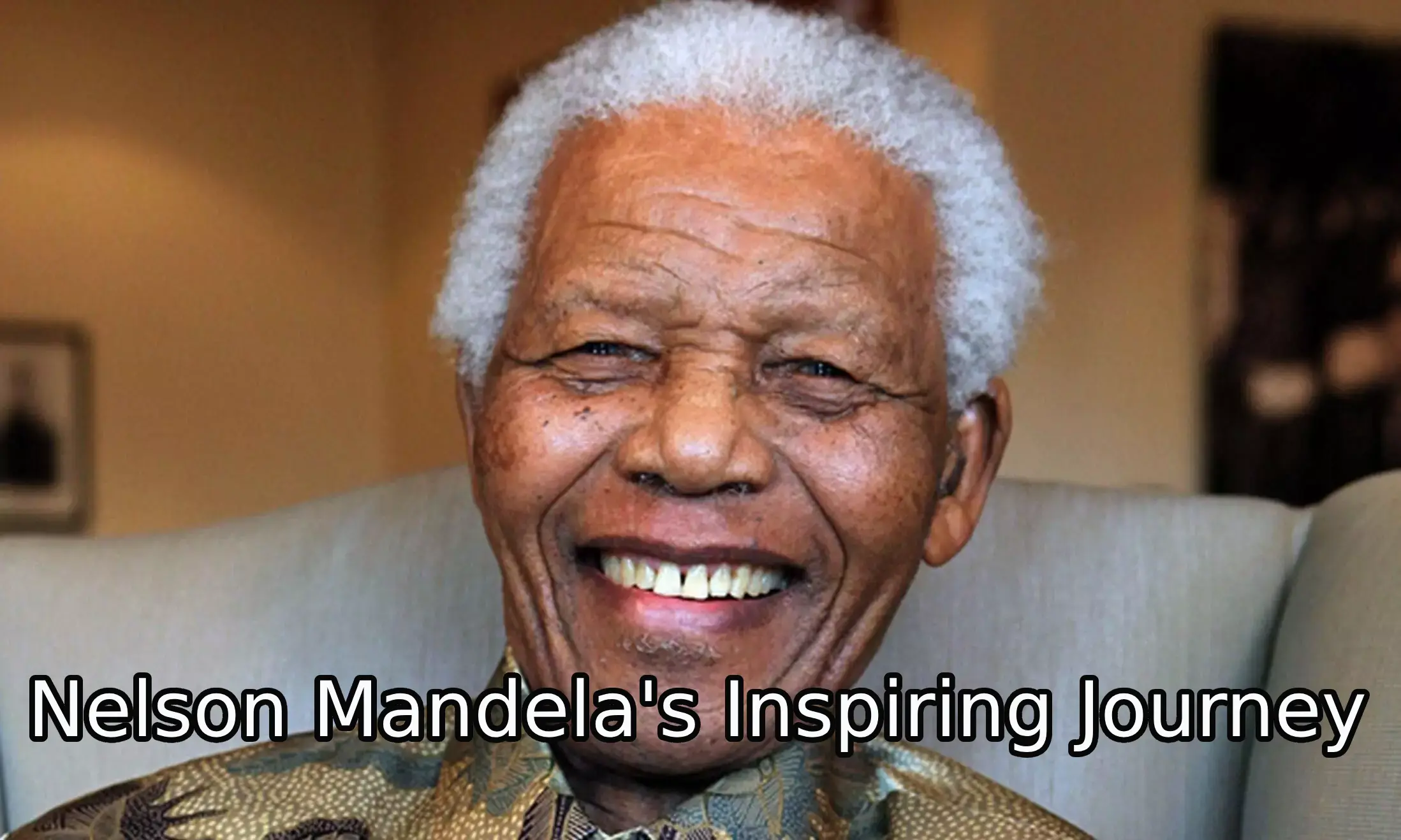Chief Justice Qazi Faez Isa Faces Backlash Over Alleged Neglect of Human Rights Cases
The Chief Justice of Pakistan, Qazi Faez Isa, is a disgrace to Pakistan’s judiciary, and reminds one the ‘hanging judge’ Judge Jeffreys. In my video interview to the Pakistani journalist Waqar Bagga of siasat.pk I had mentioned about Qazi Faez Isa’s misbehaviour on the 15 member full bench of the Pakistan Supreme Court hearingContinue Reading

